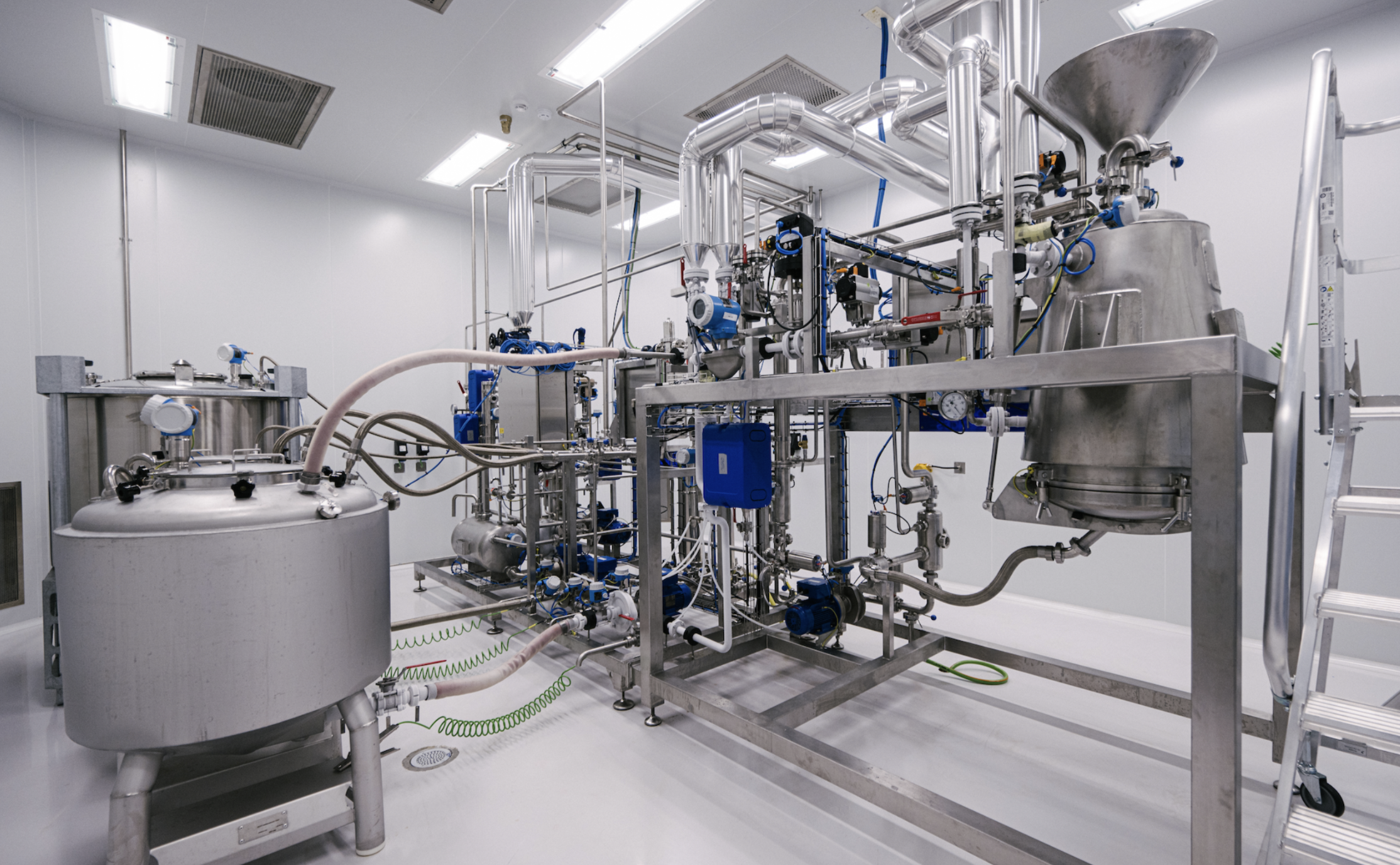Peptone, a UK-based startup that is helping pharmaceutical companies unravel the secrets of proteins, has raised a $2.5m seed round from backers hoping the company can unlock one of the most pernicious problems of medicine.
The money from Hoxton Ventures, dRx Capital (a venture arm of Novartis Pharma AG) and Founders Factory will help the team finish building their Protein Engineering Operating System, a computer programme that combines computational molecular physics and neural networks to help analyse the behaviour of proteins.
Understanding proteins is a central problem to a lot of cutting edge medicine. Creating vaccines against Covid-19 has mainly focused on understanding the spike protein on the surface of the virus. Antibodies that fight against diseases are proteins, and the excessive build-up of certain proteins in brain cells are thought to be the cause of diseases like Alzheimer’s and Parkinson's.
Mapping proteins is hard, however. These long strings of amino acids are looped and folded over like a tangled slinky. They are incredibly complex — insulin, for example, is made up of just 51 amino acids but has more potential variations than there are seconds since the universe began. It is complexity on a scale that only supercomputers can begin to deal with.
Last November, DeepMind caused a stir in the scientific community when it announced that its AI programme, AlphaFold could accurately predict the structure of proteins from their amino acid sequences. It solved a 50-year-old grand challenge in biology. Nature quoted a scientist from the Max Planck Institute saying: “This will change medicine. It will change research. It will change bioengineering. It will change everything.”
But Kamil Tamiola, founder and chief executive of Peptone, says understanding the shape of a protein is only part of the problem. The more crucial problem for the pharmaceuticals industry is understanding how a protein behaves.
Proteins change shape. Sometimes they wobble “like a little machine”, says Tamiola, making it very hard to fix on their shape at all. Some appear to have no fixed shape — “they just look like spaghetti”. Sometimes proteins will aggregate, or stick together — an egg does this when you cook scrambled eggs. Aggregation makes them behave differently again — for example causing Alzheimer’s and Parkinson’s.
No wonder, then, that the pharma industry is littered with failed protein-based drug trials. Biogen, for example, has seen conflicting results for the trials of its Alzheimer’s treatment drug, making it unclear whether it can go forward for regulatory approval.
This is where Peptone can help. Using a combination of physics, supercomputing power and neural networks trained to comb through drug trial results, it helps pharma companies pinpoint exactly why they went wrong. Often it is some anomaly in the protein that they are trialling that makes it behave in an unexpected way. Sometimes it is a particular concentration of protein that makes it start attacking itself, or sticking together. Different proteins break apart at different temperatures — part of the reason why the Pfizer/BioNTech covid vaccine has to be kept at minus 70 degrees Celcius.
“When you are running several drug discovery projects you don’t have enough time and attention, you miss details,” says Tamiola. Peptone’s business is to ferret out the details, meticulously and systematically. At worst, it will stop drug companies from making the same mistake twice. At best, it can bring a doomed drug trial back from the dead.
This happened recently in a pharma project. “Our method spotted an anomaly that was making the drug unmanufacturable and toxic.” Tamiola isn’t able to reveal the name of the client or even talk too much about the methodology — partly because he is in the process of patenting the procedure.
None of this is about any clever AI. Tamiola is very clear about this: "I am not an AI developer, I am a physicist who has found a very credible use for AI.”
While their process uses reinforcement learning to do the heavy lifting of analysing the data, the AI they use is pretty standard. It is the understanding of physics that is the secret sauce. “I believe an ingenious human mind will always beat AI,” says Tamiola.
The seed funding round will be used in part to grow the 7-person team (which includes quantitative analysts similar to the ones employed by investment banks) to around 15, and to build a supercomputing hub in Switzerland.



